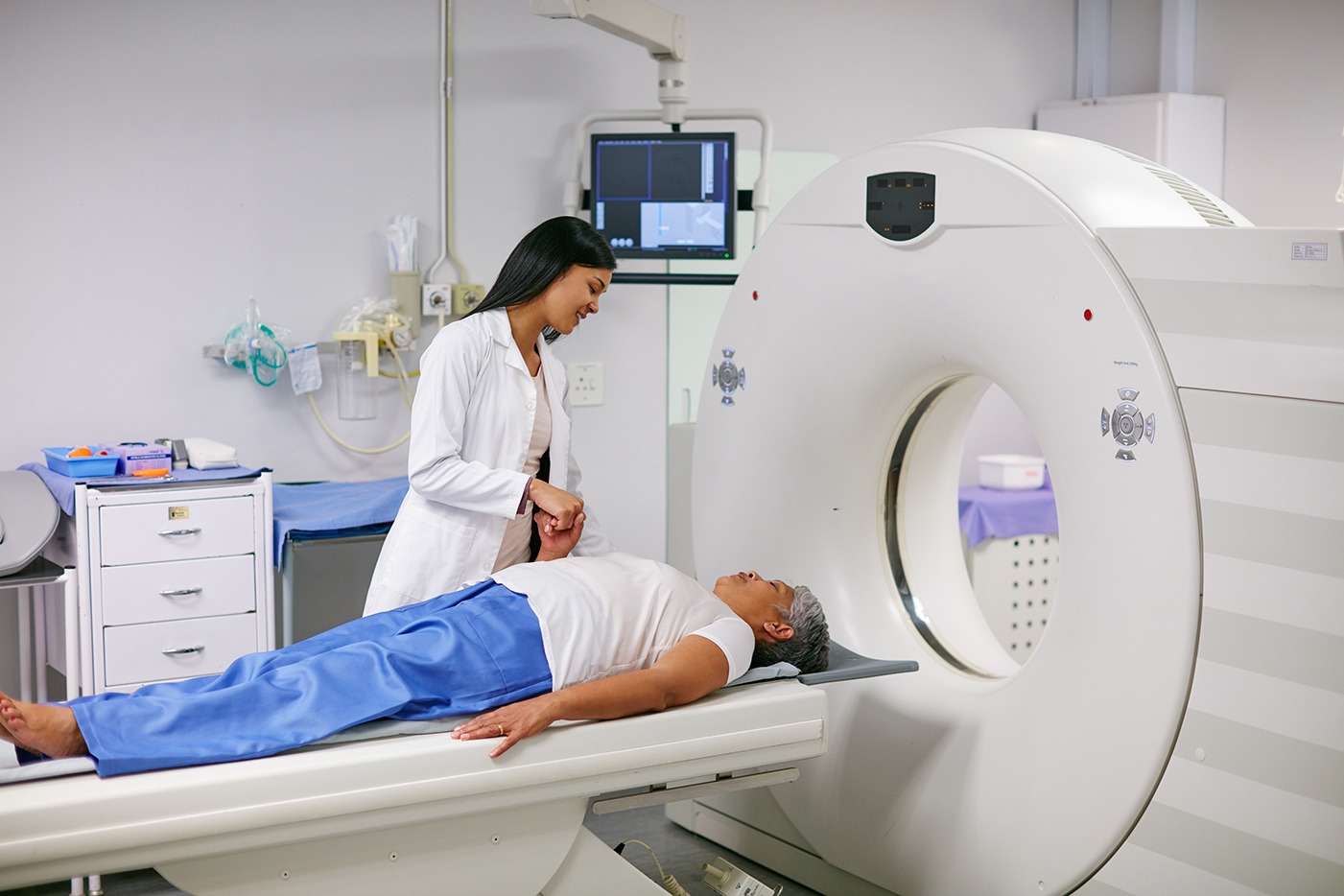How Does MRI Brain with Contrast Work?
1] Preparation: You may be asked to remove any metal objects, including jewelry, hearing aids, or eyeglasses, as metal can interfere with the magnetic fields. Patients are generally asked to wear a hospital gown for the scan. It is important to inform your healthcare provider if you are pregnant, have kidney problems, or have any metal implants like pacemakers or surgical clips.
2] The Procedure: The MRI machine is a large, cylindrical magnet. You will be asked to lie on a table that slides into the MRI machine. A contrast agent (gadolinium) will be injected into a vein in your arm. The MRI machine uses strong magnetic fields and radio waves to create detailed images of the brain. During the procedure, you must remain still to ensure high-quality images. The scan typically takes between 30 minutes to an hour.
3] Post-Procedure: After the MRI scan is completed, you can return to your normal activities. The contrast agent is typically eliminated from your system through urine. The results will be sent to a radiologist for interpretation, and your doctor will discuss the findings with you in a follow-up appointment.
Benefits of MRI Brain with Contrast
1] Enhanced Image Quality: The contrast agent helps to improve the clarity and detail of the images, allowing for better visualization of tumors, blood vessels, and areas of inflammation or damage.
2] Non-Invasive: MRI is a non-invasive imaging technique, meaning it does not require any surgical procedure. This makes it a safer and more comfortable option for patients compared to traditional diagnostic methods.
3] No Radiation: Unlike CT scans, MRI does not use ionizing radiation, making it a safer option, particularly for individuals who may need repeated imaging.
4] Accurate Diagnosis and Monitoring: MRI with contrast can detect early signs of neurological conditions, allowing for earlier intervention. It also helps in monitoring the effectiveness of ongoing treatments for conditions like brain tumors or multiple sclerosis.
5] Identifying Complex Conditions: MRI with contrast is especially useful for detecting complex brain conditions, such as infections, vascular abnormalities, and inflammatory diseases, which may not be clearly visible on other imaging tests.









